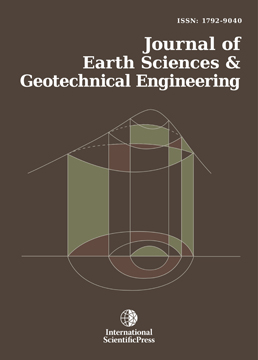Journal of Earth Sciences and Geotechnical Engineering
Performance of in-use buses retrofitted with diesel particle filters
-
 [ Download ]
[ Download ]
- Times downloaded: 10662
-
Abstract
Inhalation of combustion generated nanoparticles leads to major adverse health effects. Public road transportation heavily depends on diesel fueled vehicles, which greatly contribute to air pollution in urban centers. Retrofitting polluting older buses with diesel particulate filter (DPF) is a cost-effective measure to quickly reduce particulate emissions. This study experimentally analyses the impact of DPF retrofitting on particulate emissions and engine performance aspects of in-use diesel buses. DPFs from three different major manufacturers were installed in 18 urban and intercity Euro III buses of a major Israeli bus company. Particulate number (PN) concentration and size distribution were measured both before and after DPF at different engine operating regimes. The average increase in fuel consumption due to DPF retrofitting was measured to be less than 2.5%, and backpressure increase is about one third of the acceptable limit. No deterioration of buses engine, as well as vehicle drivability were detected. The average reduction in total PN emissions was found to be higher than 97%, with no substantial difference between the different DPF manufacturers.
